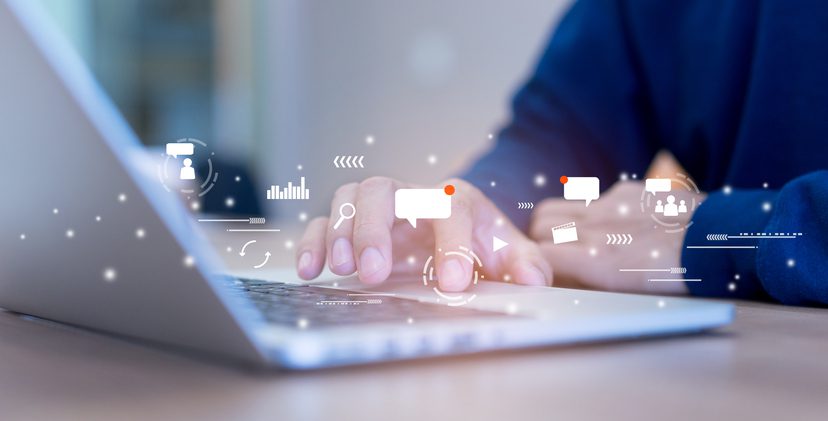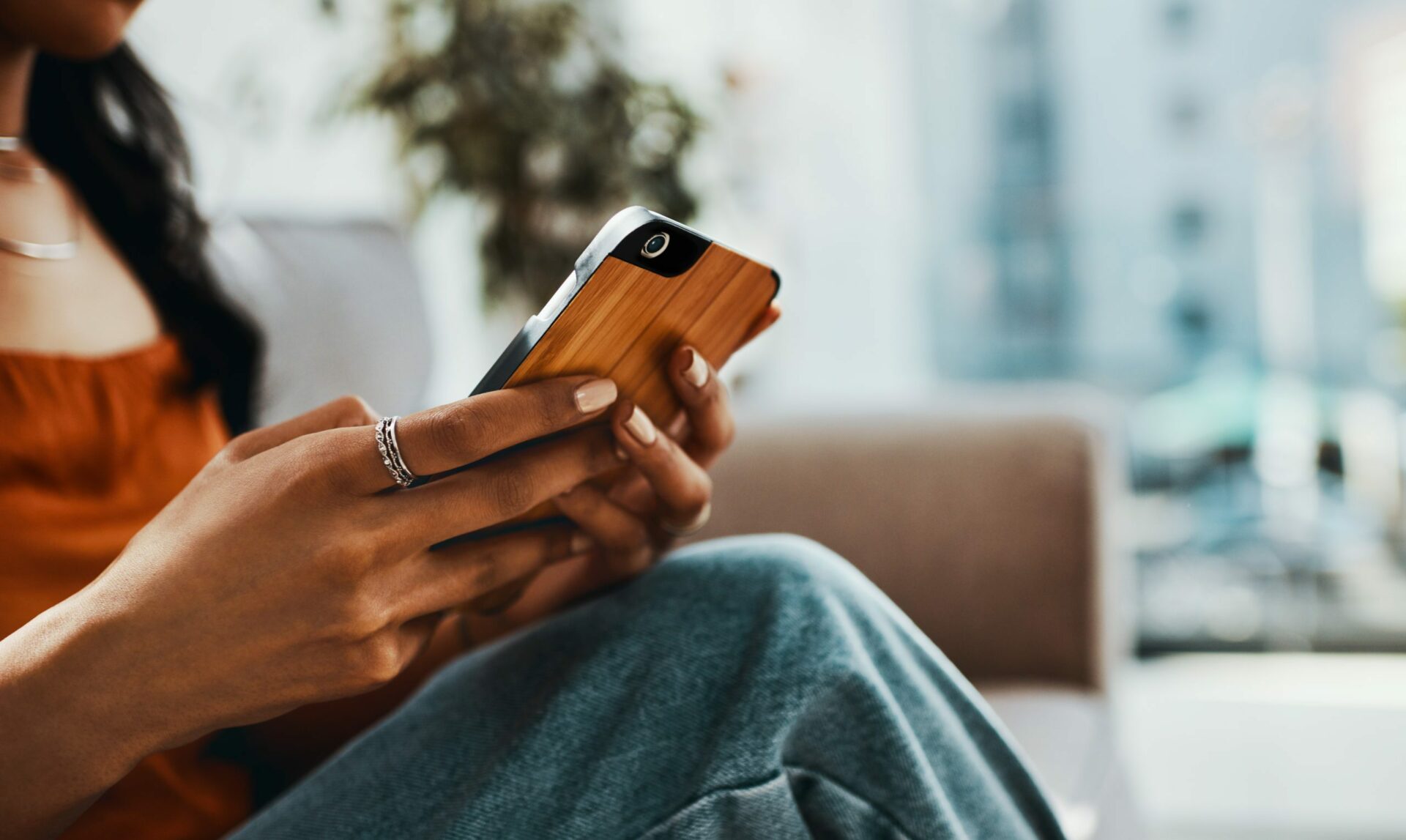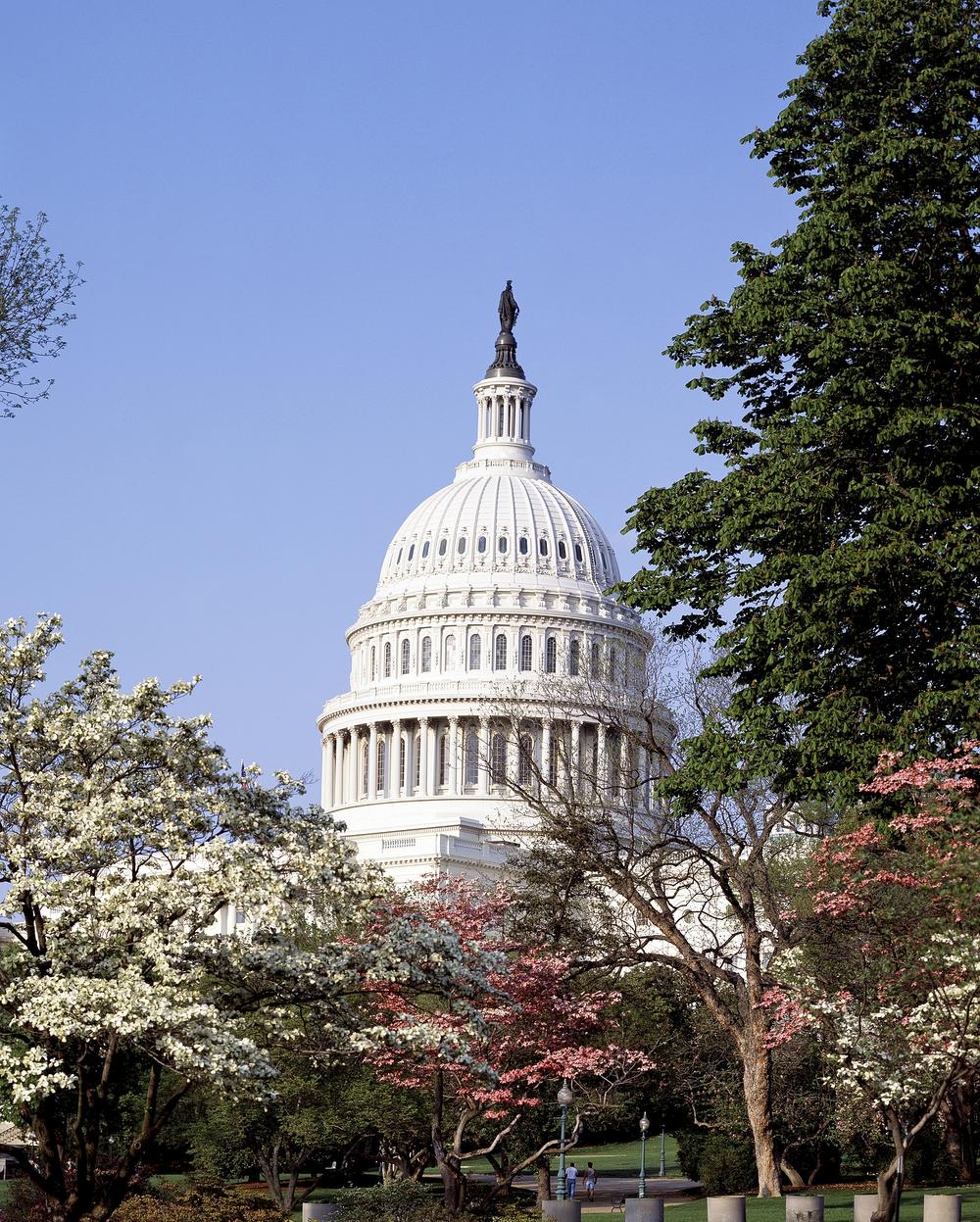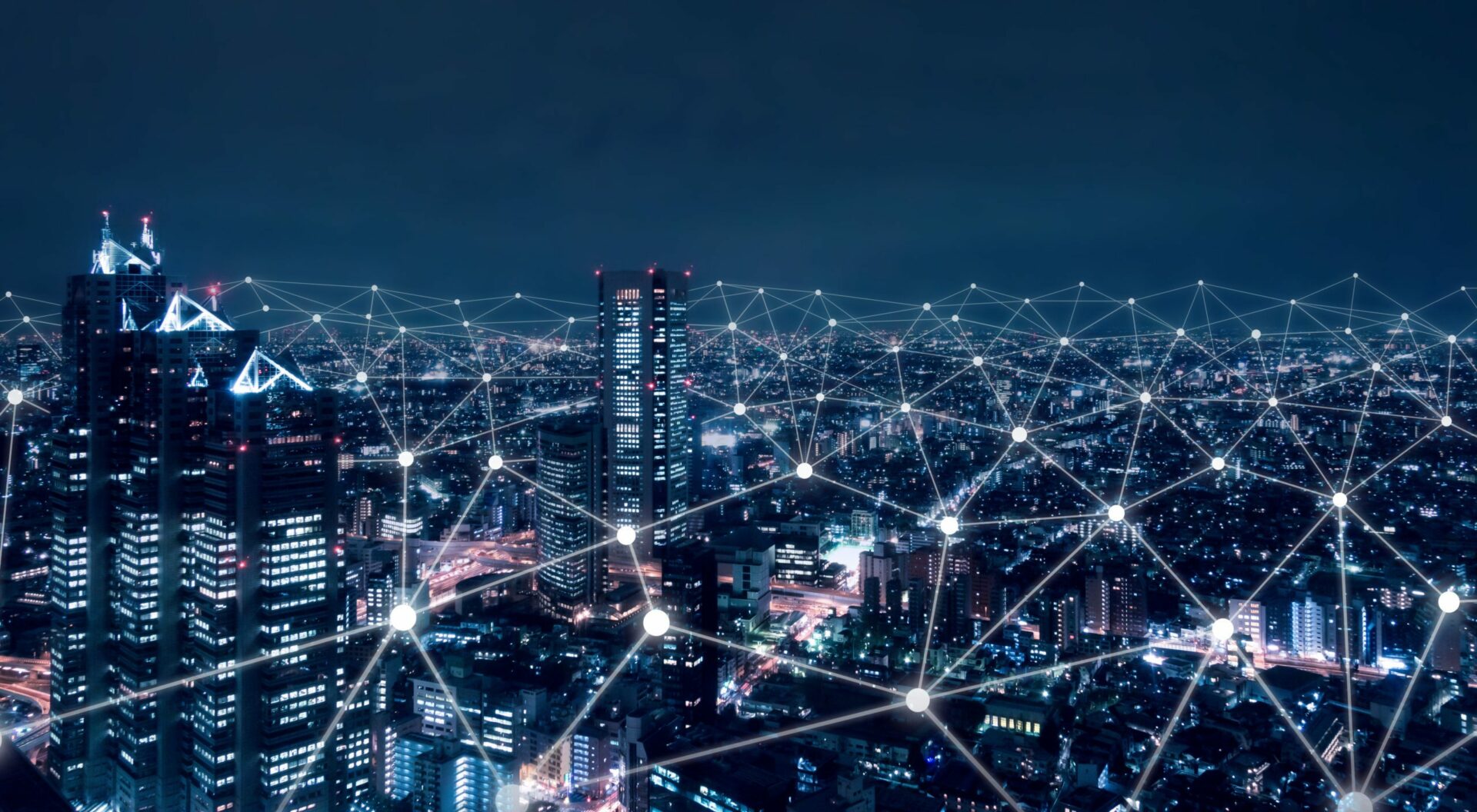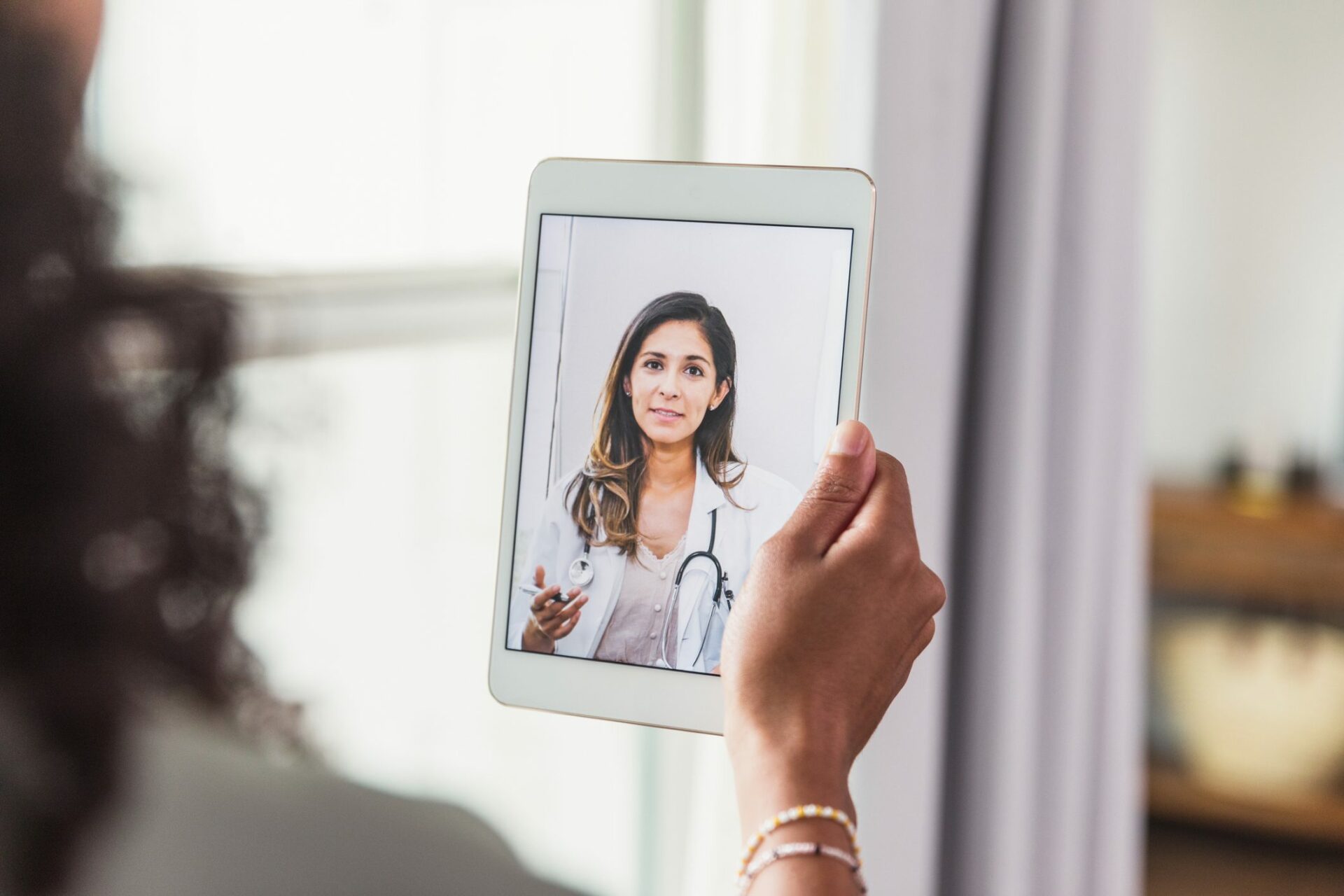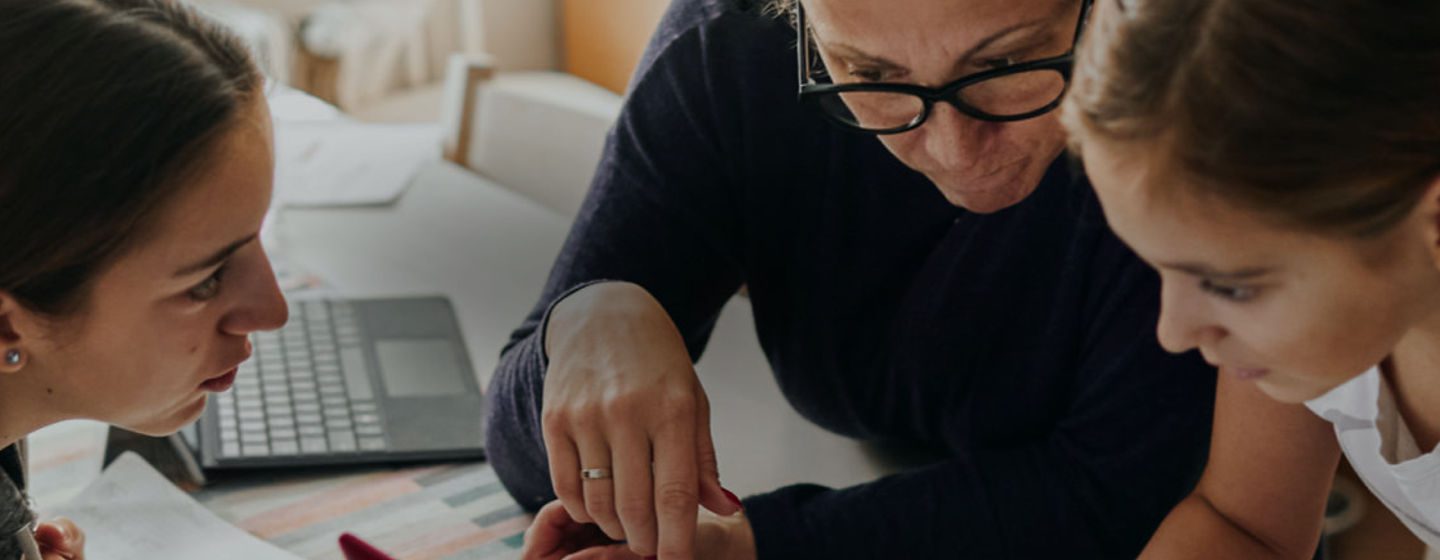“According to a 2023 article in Forbes, 42 million Americans have no access to broadband. In our interconnected world, lack of broadband feeds the digital divide, and if you think that doesn’t affect you, well, you’re wrong. I am talking to you, the Midwestern farmer, the single mother of three in Chicago, the family-man rancher in Texas, the free-spirited woman in Vermont, the high-flying executive in New York, the hardworking immigrant in New Mexico, the coal miner in Kentucky, the snowbird in Florida, the artist in San Francisco and the homeowner in every American suburb. Stereotypes like these aside, closing the digital divide is an imperative that demands the attention of every individual. By focusing on closing this divide for all households, we pave the way for a safer, more prosperous and united society. Embracing this endeavor benefits America, as it strengthens national security, enhances public safety, reduces dependence on government support, promotes personal freedom and drives economic growth. Uniting in the vision of empowering all families through digital inclusion should matter to you because it benefits you and our nation as a whole.”
To learn more, click here.
